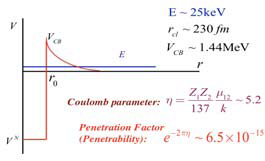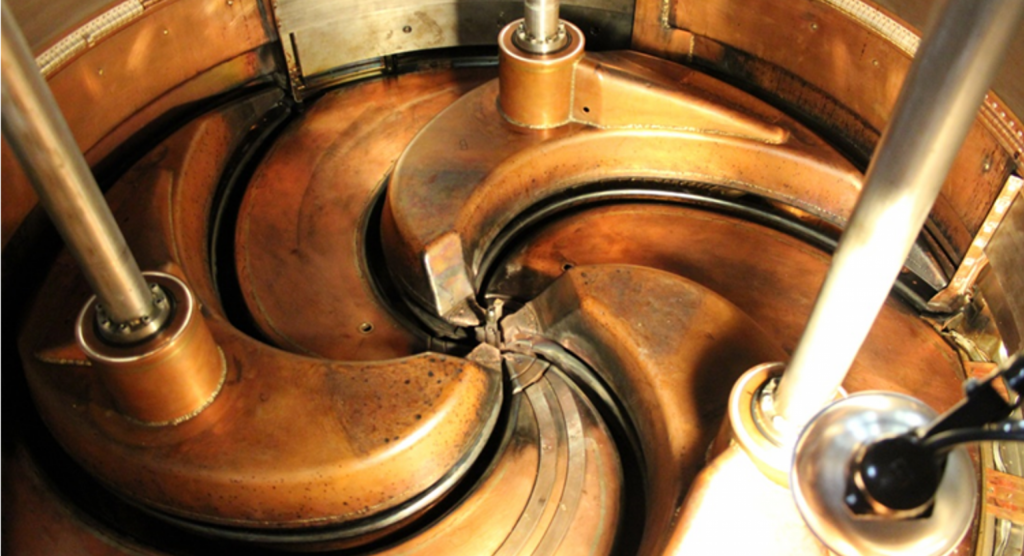 Progress toward understanding the structure and behavior of strongly interacting many-body systems requires detailed theoretical study. The theoretical physics program concentrates on the development of fundamental and phenomenological models of nuclear behavior. In some systems, the nucleons move quite freely and independently, while in others they behave in a very cooperative and coherent manner. To understand this dichotomy and search for new modes of collective motion are central problems of contemporary many-body theory. Many of the theoretical techniques developed for such strongly interacting systems have proven to be very useful in other fields of physics, particularly condensed matter physics.
Progress toward understanding the structure and behavior of strongly interacting many-body systems requires detailed theoretical study. The theoretical physics program concentrates on the development of fundamental and phenomenological models of nuclear behavior. In some systems, the nucleons move quite freely and independently, while in others they behave in a very cooperative and coherent manner. To understand this dichotomy and search for new modes of collective motion are central problems of contemporary many-body theory. Many of the theoretical techniques developed for such strongly interacting systems have proven to be very useful in other fields of physics, particularly condensed matter physics.
Characterization of the properties of nuclear matter under extreme conditions of density is a new frontier activity in nuclear science. The study of the very dense states of matter, which are expected to be created in the initial stages of heavy-ion collisions, is a tremendous theoretical and experimental challenge. The theoretical aspects of this problem are being examined with the objectives of understanding the hadron in-medium properties using models based on quantum chromodynamics and effective hadronic theories, developing a comprehensive theory for heavy-ion collisions, and proposing various signatures for hot dense nuclear matter and the quark-gluon plasma.

